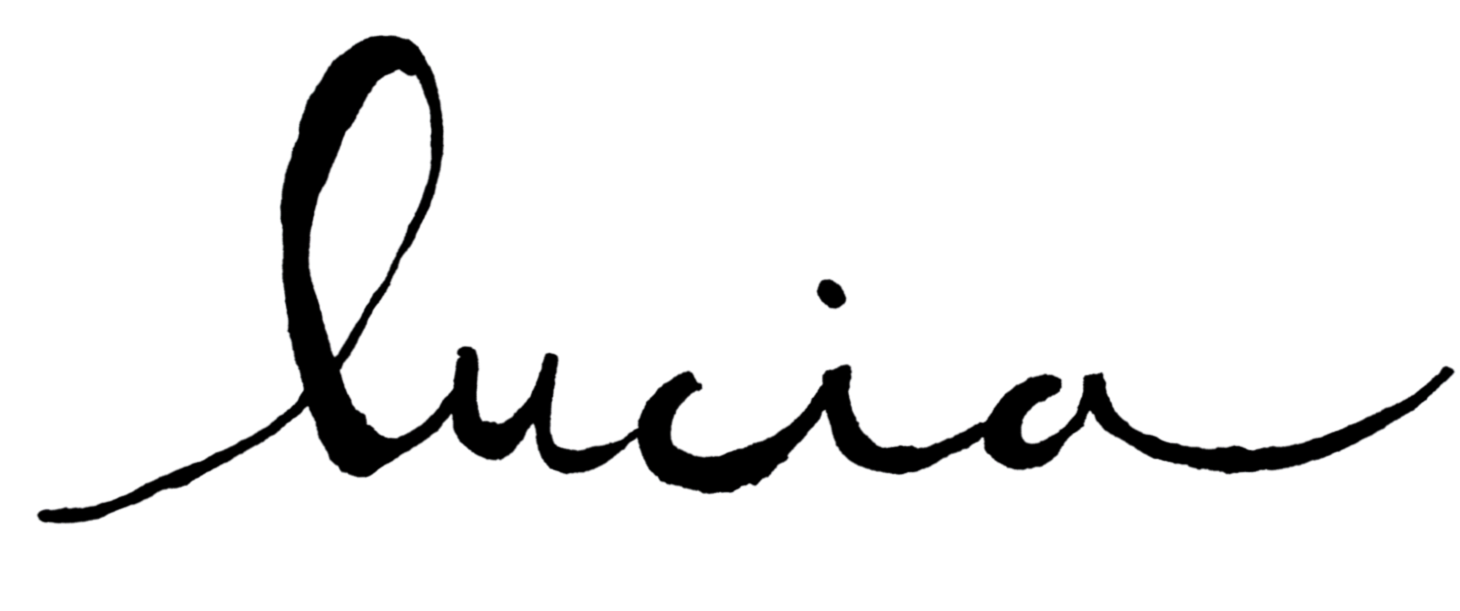Indelible by Sarah Anne Childers
{860 words}
The teacup drops from my hand unprovoked. It simply falls to the tearoom’s wooden floor and wobble-rolls under my chair. The cup is empty; there’s no splash or mess, only the noise of the cup’s landing that may have been a firework for the look the woman across the room gives me. Cocooned on the couch, the woman pulls the plush white robe she must have brought from home closer around her neck and returns to her journal.
I wear only a towel. It is inadequate in many ways: damp, small and threadbare with swaths of distressing brown stains. The owner of the baths would not approve. Fastidious and proud, she would have kept the towel hidden away like the chipped bowl that is not for company in the corner of the cupboard, though in truth it is your favorite because it is the perfect size and familiar, and so when you are alone, you choose it instead of one of the new unscathed bowls stacked into a cobalt tower - a glimmering ceramic testament to your good character.
But the owner is not at the baths today, and while the two young women running the place are surely lovable, they do not seem up to the task. When I arrive, one of them flips me the wanting towel along with a locker key as the other pulls on boots to go into the rain to buy more oranges for the tearoom. Ignoring me, they giggle and confer in a secret language that shrinks the world to the manageable size of their bodies with heads together like swans and the dilemma of no oranges.
No oranges in the tearoom and no tea either, which is why my teacup is empty and makes an incredible noise on the floor. I watch the teacup fall with a distanced half-interest. It is as if it drops from another woman’s fumbling fingers, bounces off her bare leg, spins under her chair. And since the cup is not mine and also beautiful on the floor in the partial shadow of the chair leg like a still life, I leave it there. Then the young woman who went for oranges comes in with fresh tea, and I disrupt the scene.
I fill my cup and drink it down standing in front of the carafe, quickly because I’m afraid I’ll lose hold again. My hand is not working right. I struggle to grip and once clasped, to hold on.
The tea is woodsy, spicy. Cinnamon lingers in my mouth and nose, and I am suddenly grateful for that fragrant dried bark curled tight around itself like my hand on bad days. I consider that perhaps it was not rust or blood or worse but cinnamon dust that made the umber streaks on my towel as it marked the body of the cinnamon peeler’s love.
I refill my cup. The carafe sputters loudly as I pour, and again I feel the eyes of the robed woman on the couch writing in her journal. I assume her gaze is uncharitable, that I am bothering her. But perhaps her sour expression is not aimed at me but instead because her writing hand hurts as mine does and the shaky lettering in her journal’s pages is an affront bordering on grief.
When my hand cooperates, I scribble on paper, and when it does not, I compose sentences in my head. Standing at the tea carafe, I begin a letter to my younger brother. There is no particular reason that my brother should descend from the cheap seats of my attention to center stage, but there he is, or rather, there is the conundrum of him.
Photo by Anita Belle Nordwall
Dear Brother, I am at the old fence, you know the one. I hold the strands of wire open for you to step through, carefully as the barbs have rusted but not dulled, into the field with the pond where we caught salamanders that we carried home in the cups of our child-hands to live in buckets. They made rotten pets, salamanders, and we ought to have left them in the slime with the tadpoles, don’t you think? But it was not my way to let things be, and I did not trouble myself then to think about your way. I have been here at the fence for a long time. Did you know? Are you coming? My hands ache from pulling apart the wire, the indents in my palms are so deep and certain now they rival life line, fate line. Let me tell you what I see from this spot. Summer’s foxglove bells have melted away in the rain, and now it’s snowberries against the fence. When the Olympics deign to appear, they are brushed white from glacier down into the topmost forests - yes, already. Do my pretty descriptions of where we come from stir you? I mean them to.
My teacup again empty, I abandon the letter to my brother the missing man and stow it with the others unwritten and unsent, more starts than finishes, the pile of correspondence at once intangible and marked with sister-sentiment indelible as cinnamon stain.
Sarah Anne Childers is the online editor at luciajournal.com where she happily toggles between curating creatives as an editor and creatively curating ideas and the words they live in as a writer.
sarah@luciajournal.com


